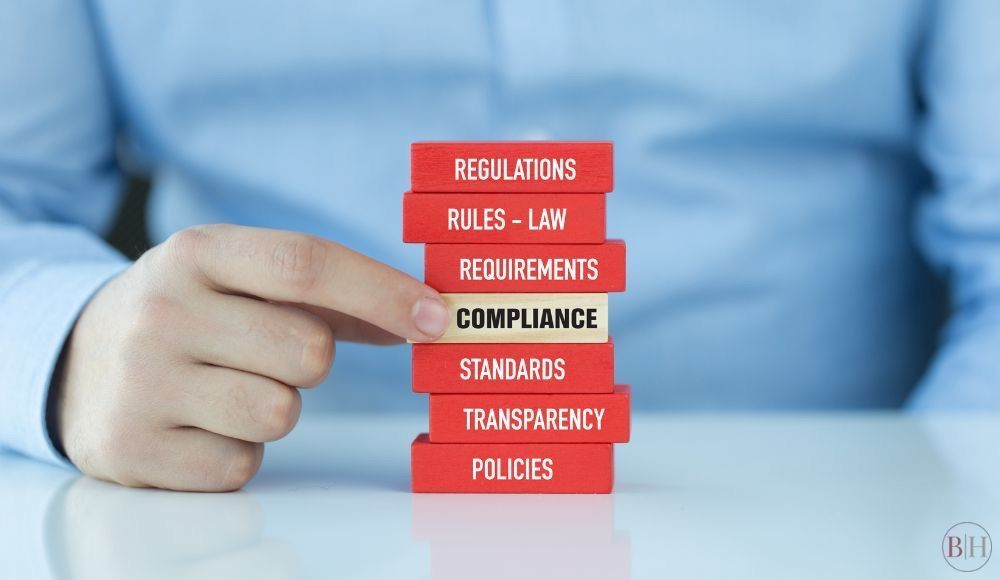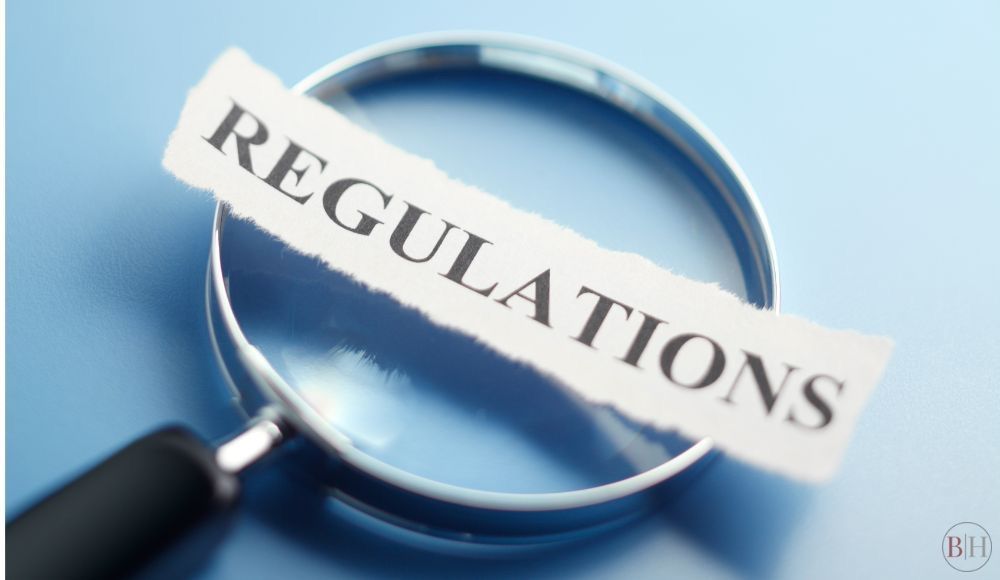Corporate Investigations and Compliance Audits

There are strict regulations in the current business environment, so companies must stay alert to detect misconduct while verifying that their operations comply with all corporate laws and regulations. Corporate investigations and compliance audits enable organizations to identify risks before they escalate and develop strategies to mitigate these risks. The processes protect corporate reputations while preventing expensive penalties and strengthening internal control systems.
Conducting Internal Investigations to Address Allegations of Corporate Misconduct or Regulatory Violations
Companies must initiate immediate, objective fact-finding procedures when they receive allegations of fraud, harassment, bribery, and regulatory violations. Internal investigations begin when employees report incidents, whistleblowers submit complaints, or when audits or external regulatory inquiries are conducted.
The beginning of an effective internal investigation requires defining its scope, identifying allegations, and selecting an impartial investigative team. The involvement of internal or external legal counsel in investigations ensures both legal compliance and strategic oversight. The investigation process includes conducting interviews, reviewing documents, analyzing financial records, and examining written communications.
A well-conducted investigation proves both the existence of misconduct and the organizational weaknesses that allowed the issue to develop. Organizations need to compile a comprehensive report of their findings, followed by immediate corrective actions that include policy updates, training, and disciplinary measures to prevent future occurrences.
Compliance Audit Procedures for Evaluating Corporate Policies and Practices
The main difference between reactive investigations and compliance audits lies in their purpose: Compliance audits serve as proactive evaluations to verify that company operations follow both internal policies and external legal requirements.
The assessment process examines multiple domains, including environmental rules, data protection standards, anti-corruption measures, and workplace security protocols. The compliance audit process begins with planning and risk assessment, followed by data collection and control testing, and concludes with an evaluation of the findings.
Auditors conduct their assessment by examining records, conducting employee interviews, and studying internal communications to confirm adherence to policy. The purpose of this process is to identify potential weaknesses or non-compliance issues at an early stage, so organizations can implement corrective actions before regulatory bodies step in.
Effective audits help organizations develop both transparent and accountable work environments. Companies conduct these audits either through scheduled reviews or when they identify specific risk indicators, such as market entry, mergers, or regulatory changes.
Legal Considerations for Preserving Attorney-Client Privilege During Investigations
Attorney-client privilege or the work product doctrine may protect information collected during investigations led or supervised by legal counsel. The security of these privileges depends on proper planning and communication between parties.
The company needs to establish a legal inquiry status for the investigation, while counsel must participate from the beginning. All communications with legal counsel must be confidential because they aim to obtain legal advice.
Companies should avoid combining legal and business advice in written reports by investigators, as it creates potential risks to privilege protection. The disclosure of findings to third parties or the excessive distribution of internal reports may cause an unintentional waiver of privilege protection.
All participants require training in confidentiality protocols, while documentation requires strict control measures. Corporate investigations, together with compliance audits, function as essential tools for preserving ethical standards, legal compliance, and operational integrity. The combination of proper diligence with legal oversight can protect the company and its stakeholders from significant risks.
Consult With Our Legal Team
If you have further questions about corporate investigations and compliance audits, the corporate attorneys at Bingaman Hess will help your organization manage the various risks it encounters. Contact us today to schedule a consultation. Our corporate attorneys provide the highest level of representation and personalized attention.
This article is for informational purposes only and does not constitute legal advice. No one may rely on this information without consulting an attorney. Anyone who attempts to use this information without attorney consultation does so at their own risk. Bingaman Hess is not and shall never be responsible for anyone who uses this information. It is not legal advice.









